Pickup trucks are an American staple that countless people drive nationwide. When people visit the country, they expect to see them, and there are some excellent models available that offer great value and performance. But that doesn’t mean they’re all perfect. Some can leave people wondering if they’ve thrown their money down the drain due to the multitude of issues that they can provide, as they don’t tend to offer the same level of consistency as other vehicles.
High Fuel Consumption
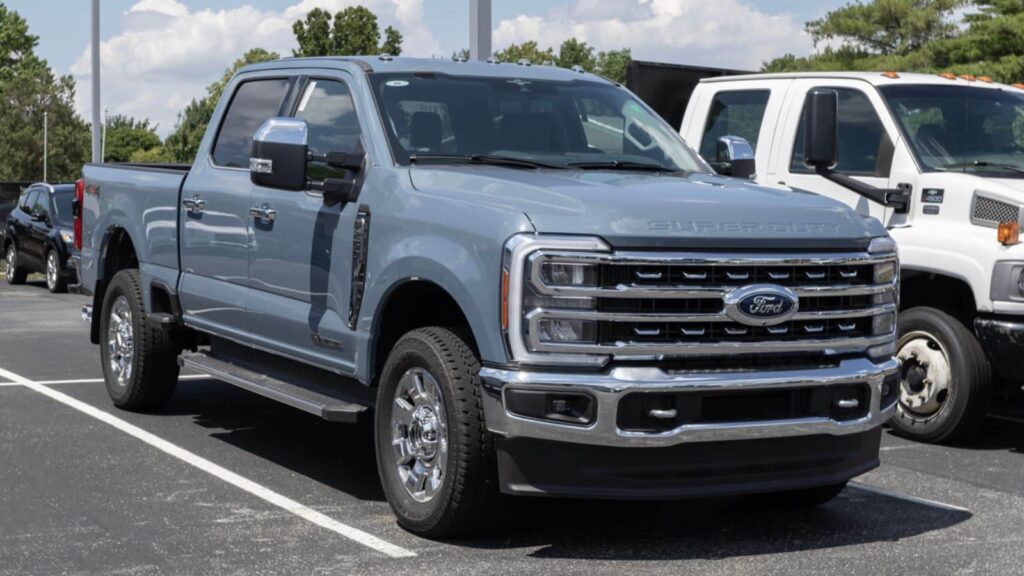
Gas guzzlers are a big no-no in today’s eco-conscious world. While powerful, trucks like the Ford F-250 Super Duty can drain your wallet at the pump. With fuel prices always in flux, owning a truck with poor gas mileage can become a financial burden while also damaging the environment at the same time.
Overpriced Models
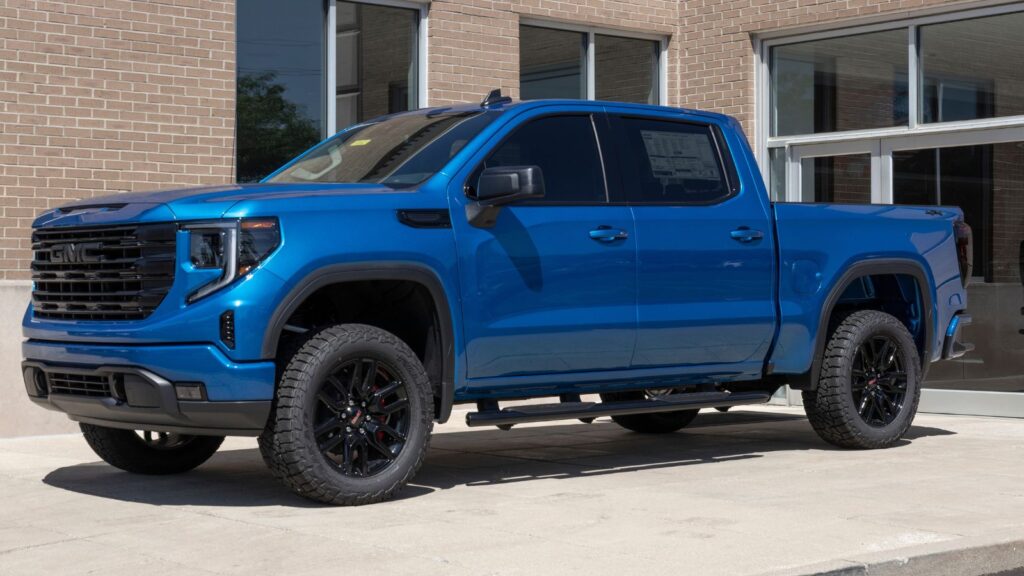
Some trucks have hefty price tags that don’t match their features or performance. The GMC Sierra 1500 is a prime example. While it’s a beautiful truck with a luxurious interior, its high cost isn’t always justified compared to competitors offering similar capabilities at a lower price, making choosing other options a smarter financial decision.
Poor Reliability Ratings
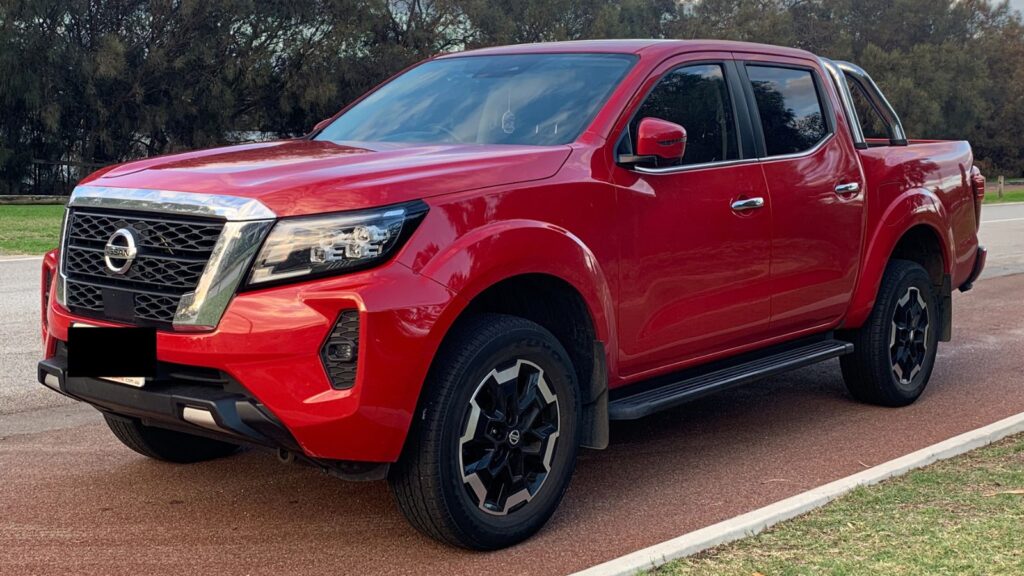
Reliability is crucial when investing in a pickup truck, as people want to know they can trust their own vehicle. The Nissan Titan has faced criticism for its less-than-stellar reliability scores, and it’s not the only gas pickup that has met that criticism. Frequent repairs and part replacements can quickly add up, making it an expensive vehicle to maintain over time.
Depreciation Concerns
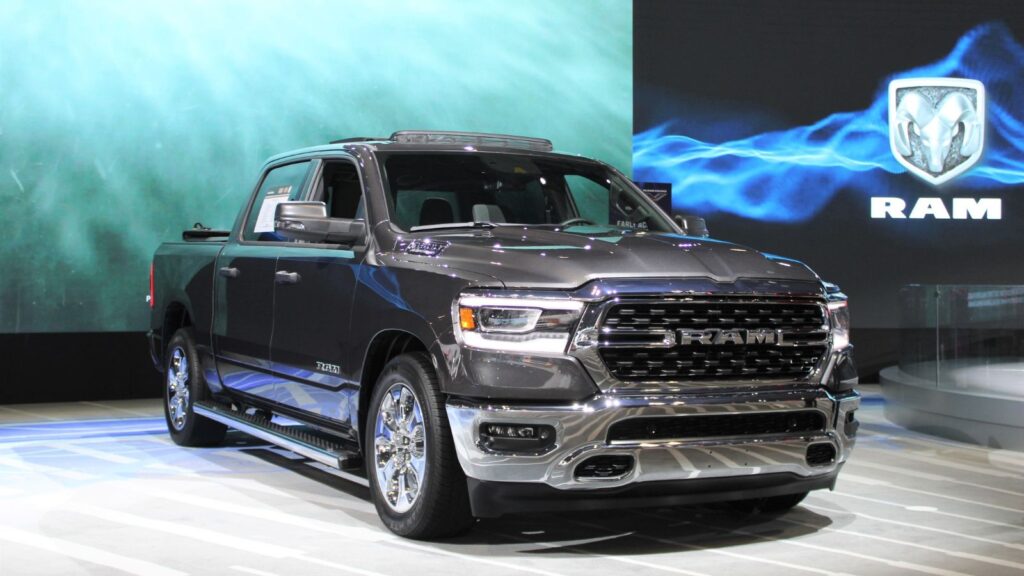
Trucks like the Ram 1500 Classic tend to depreciate faster than other models. Rapid depreciation means you lose more money when it’s time to sell or trade-in, making owning one a poor investment for people. Poor resale value is a significant factor to consider before purchasing, as they don’t want to lose tons of money on the vehicle.
Mediocre Towing Capacity
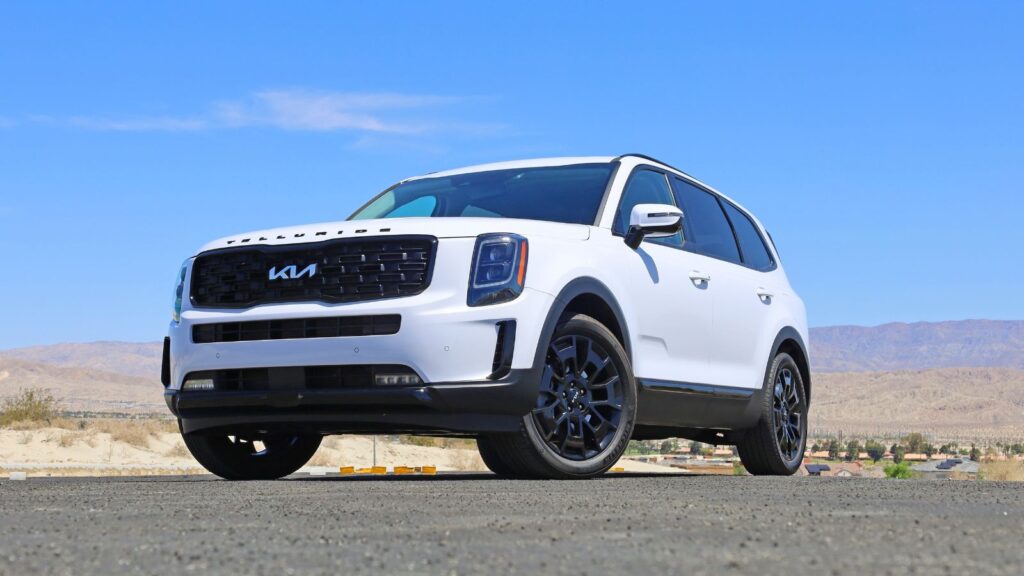
One of the main reasons people buy pickup trucks is for towing. However, some models need to improve in this department, which can be frustrating if someone relies on this feature. The Honda Ridgeline, for instance, offers a smoother ride that is more akin to an SUV but falls short when it comes to towing heavy loads.
Lack of Advanced Safety Features
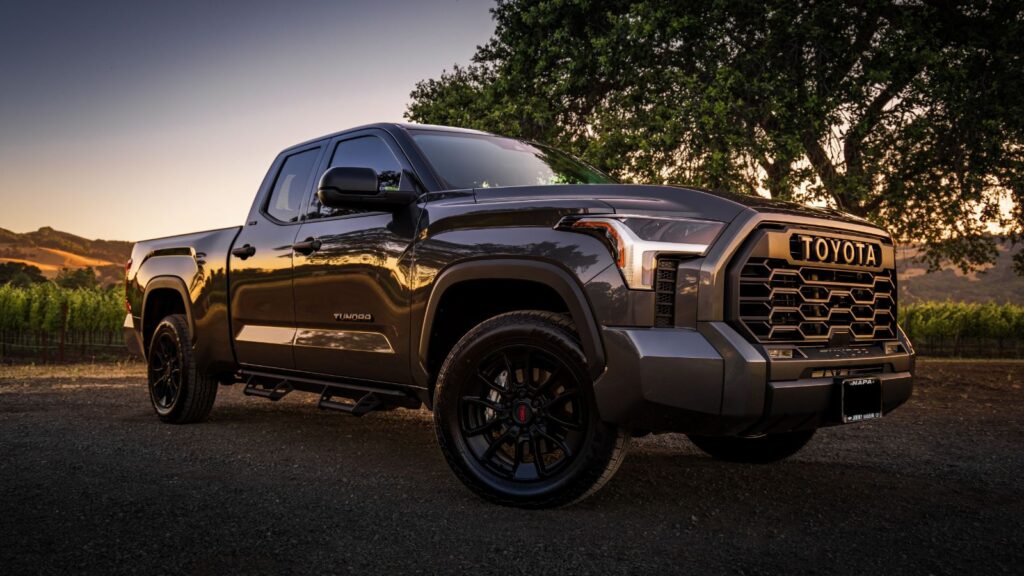
Safety should never be compromised, especially in a large vehicle like a pickup truck. The Toyota Tundra, while reliable, lacks many of the advanced safety features found in its competitors. This can be a deal-breaker for those prioritizing family safety, as there can be better options in that regard.
Outdated Technology
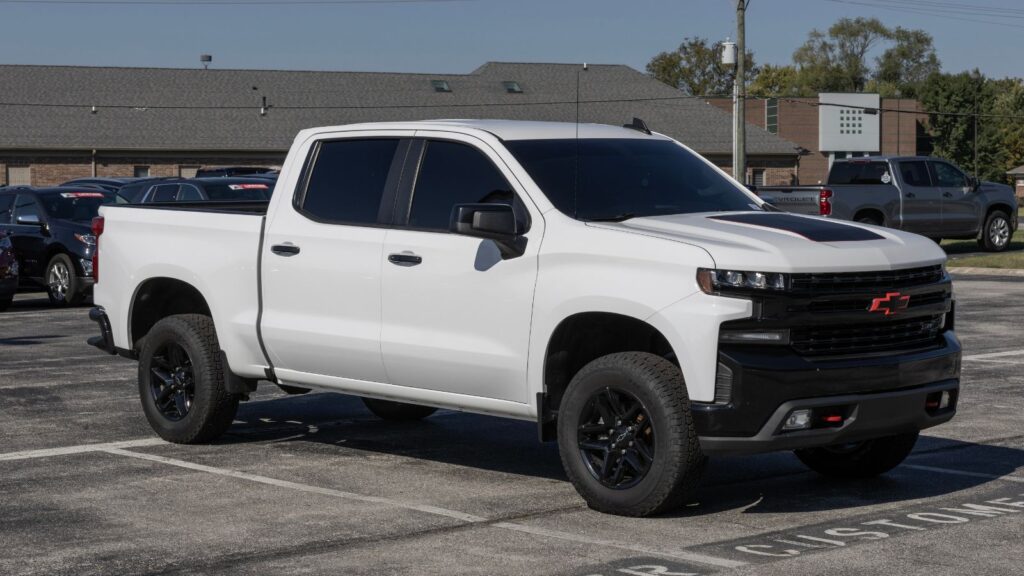
In today’s tech-driven world, having the latest technology in your vehicle is essential. The Chevrolet Silverado 1500 has been criticized for its outdated infotainment system, and several other pickups don’t provide what people want either. Newer models from different brands often offer better connectivity and user-friendly interfaces.
Expensive Upkeep

Some trucks are notorious for their high maintenance costs. The Ford Ranger, for example, might have a lower starting price, but its long-term upkeep can be more expensive than anticipated. Regular maintenance and repairs can add up quickly, making it less economical and leading vehicles to spend a lot of time in the garage.
Uncomfortable Ride
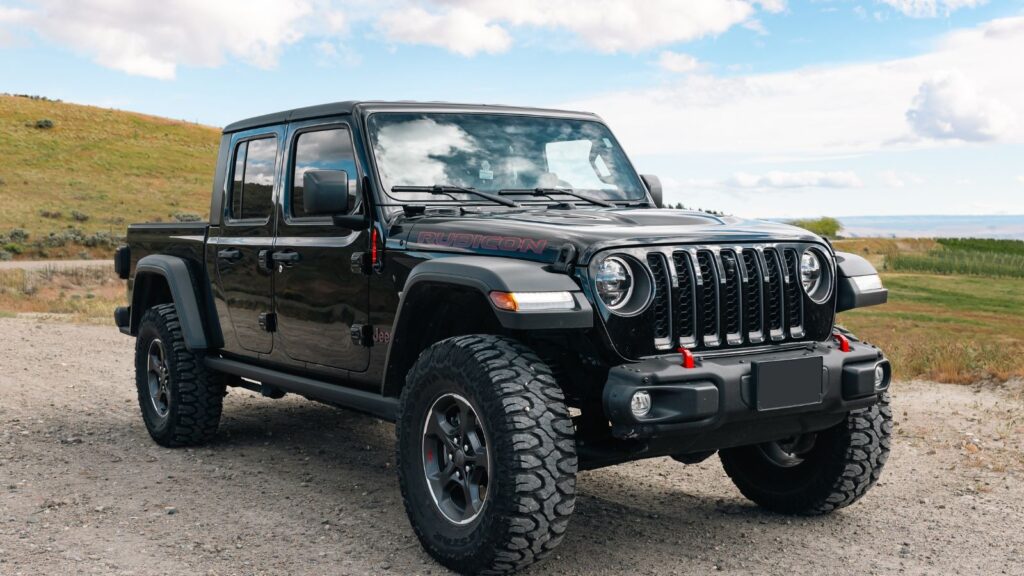
Comfort is key, especially if you spend much time in your truck. The Jeep Gladiator, while rugged and off-road capable, is often reported to have a rough and uncomfortable ride on regular roads. This can be a significant drawback for daily commuting, and different vehicles make better options.
Limited Interior Space

Interior space is another crucial factor to consider when choosing a gas pickup. The Toyota Tacoma, for example, despite its popularity, has a relatively cramped interior compared to other midsize trucks. This can be a major inconvenience for those needing extra legroom or cargo space.
Weak Engine Performance

Performance under the hood is vital for any pickup truck. Despite being affordable, the Nissan Frontier offers lackluster engine performance. This can affect everything from acceleration to towing capacity, making it a less desirable choice for heavy-duty tasks.
Insufficient Cargo Space
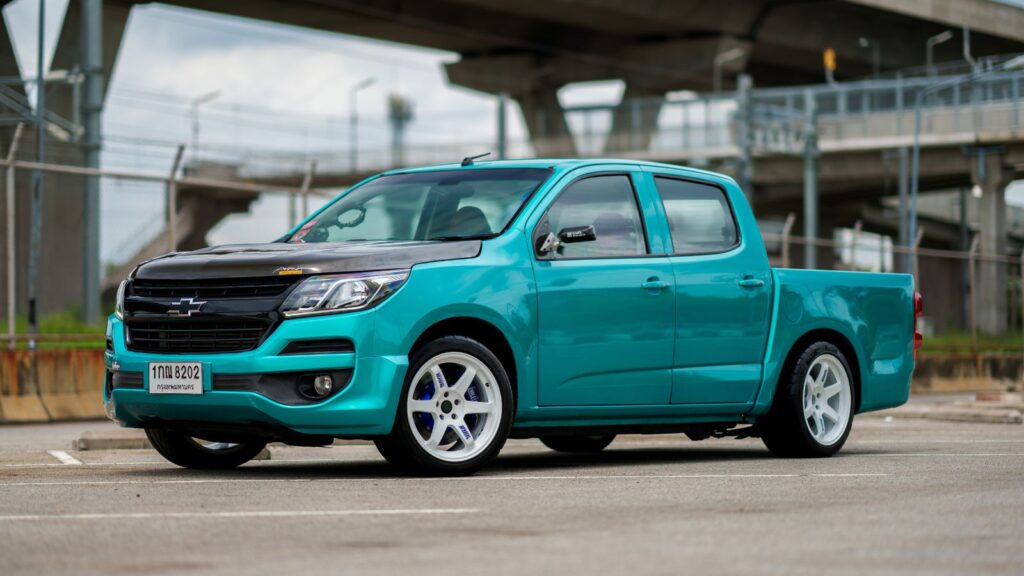
Cargo space is one of the primary reasons for owning a truck. While a decent truck overall, the Chevrolet Colorado offers less bed space than many of its competitors. This can be a limiting factor for those who frequently haul large items.
Poor Off-Road Capability
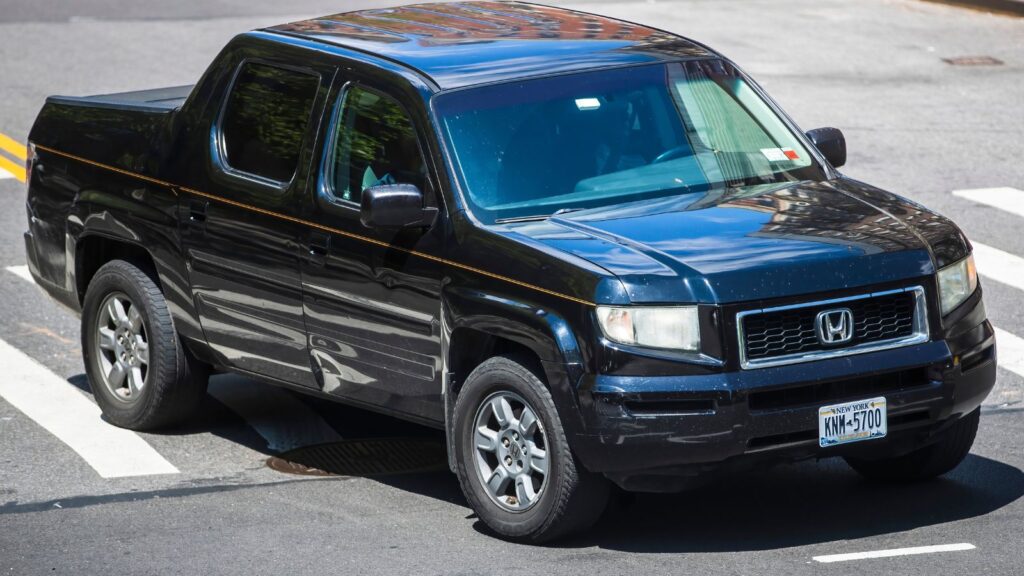
Off-road capability is essential for adventure seekers, and many gas pickups are ideal. But that’s not the case for all of them, with the Honda Ridgeline being an example. While great on highways, it doesn’t perform as well off-road as other trucks like the Ford Ranger or Jeep Gladiator. If off-roading is a priority, consider looking elsewhere.
High Insurance Costs
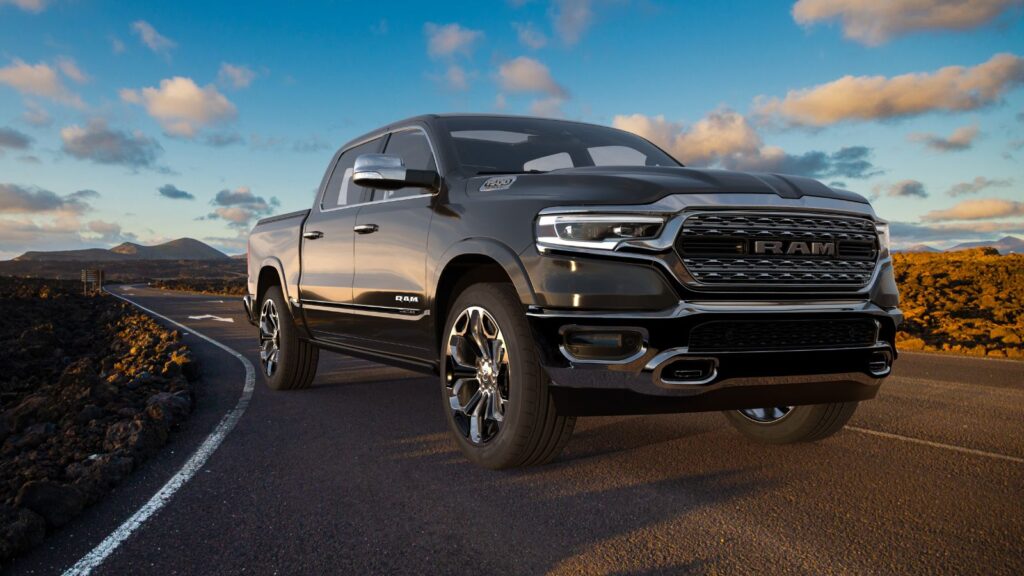
Insurance is a hidden cost that can add up. Due to their size and repair costs, trucks like the Dodge Ram 1500 often have higher insurance premiums. It’s essential to factor in these expenses when considering the overall cost of ownership.
Lack of Customization Options
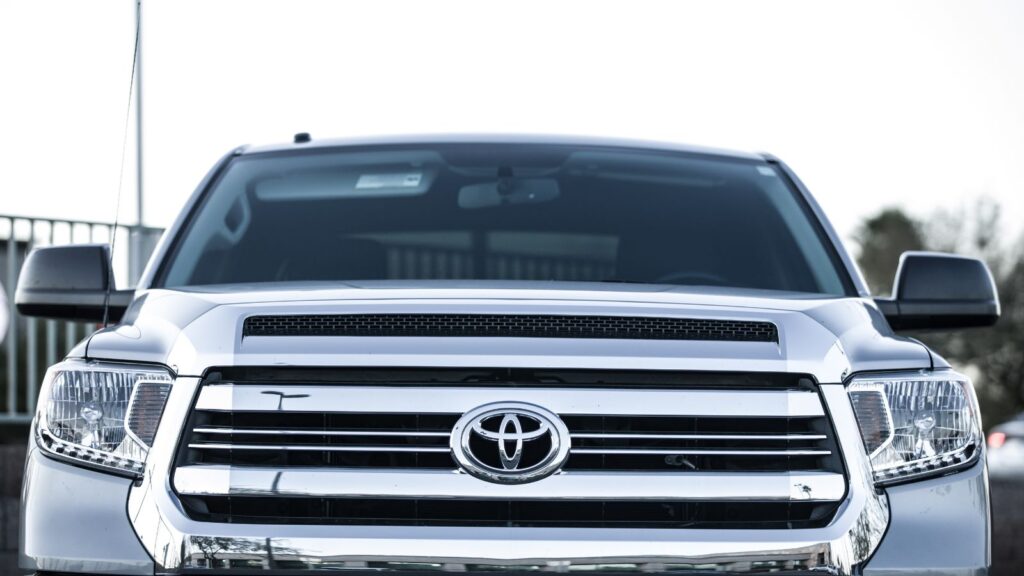
Customization can make a truck truly yours. The Toyota Tundra offers fewer customization options compared to rivals like the Ford F-150. If you want a truck that you can tailor to your specific needs and tastes, this is something to keep in mind.
Noisy Cabin
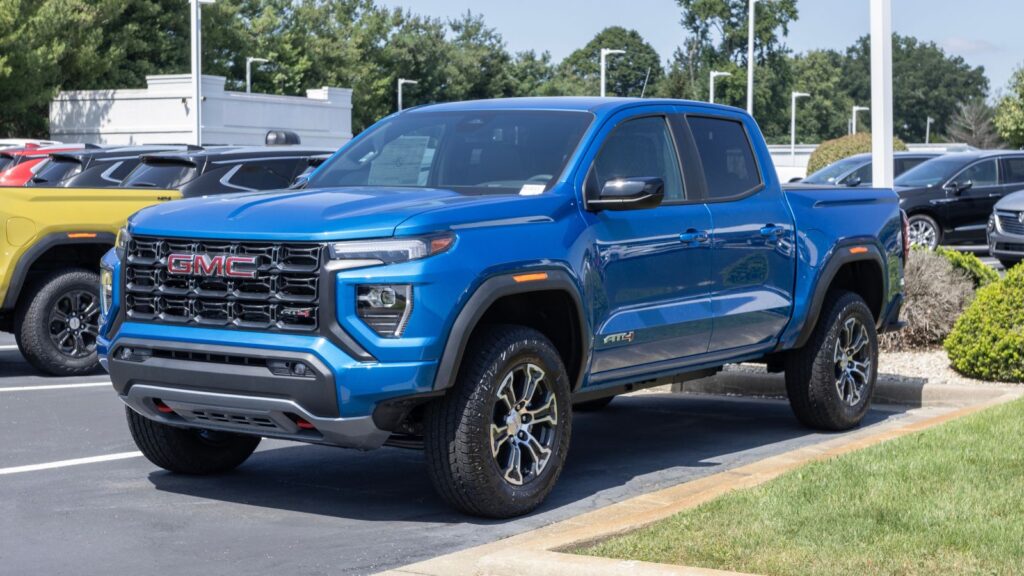
A noisy cabin can make long drives unpleasant and frustrating. The GMC Canyon has been noted for its higher-than-average cabin noise. This can be a significant downside for those who value a quiet and serene driving experience.
Weak Warranty Coverage
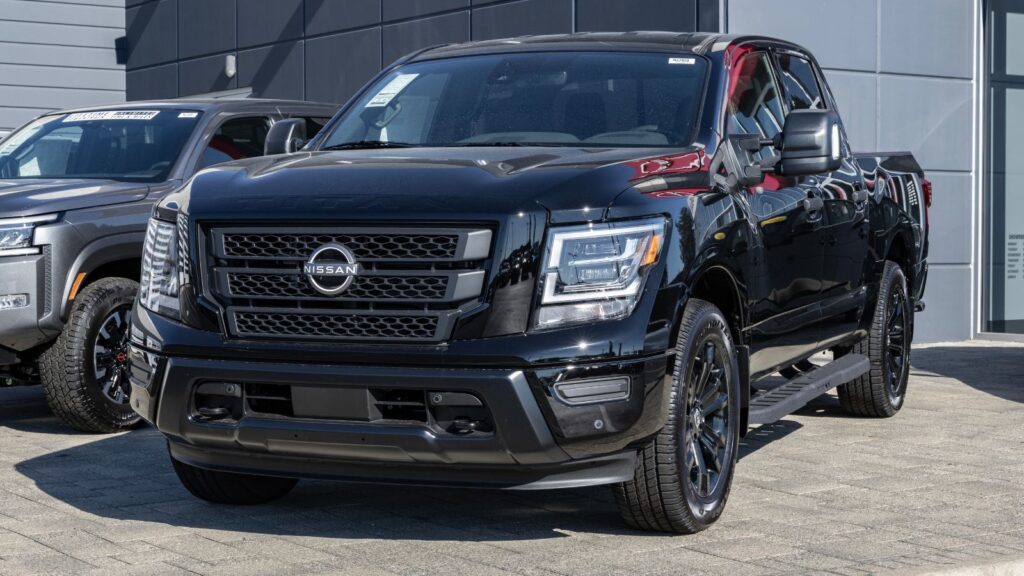
Warranty coverage is a critical aspect of any vehicle purchase. The Nissan Titan’s warranty isn’t as comprehensive as those offered by other brands, which can lead to higher out-of-pocket repair costs.
Alternatives to Consider
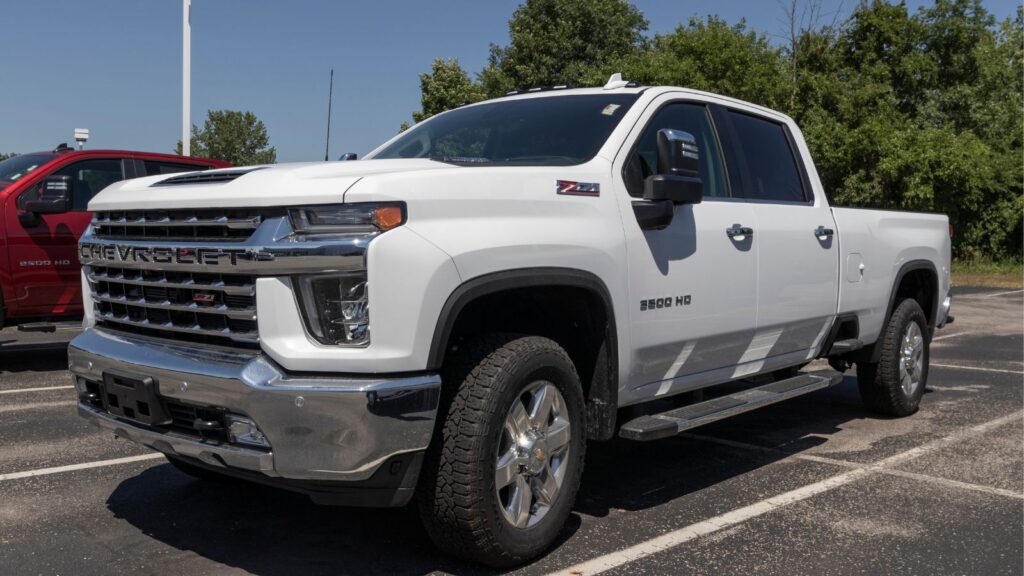
Several alternatives are worth considering if you’re looking to avoid these pitfalls. The Ford F-150 consistently ranks high for its performance, comfort, and technology balance. The Chevrolet Silverado 2500HD is another excellent choice for those needing a heavy-duty truck with reliable performance.
19 Grim Realities of Dating After 50 That Are Often Overlooked

19 Grim Realities of Dating After 50 That Are Often Overlooked
26 Things That Will Be Extinct Because Millennials Refuse to Buy Them

26 Things That Will Be Extinct Because Millennials Refuse to Buy Them
24 Outdated Slang Terms You Absolutely Shouldn’t Be Using Anymore

24 Outdated Slang Terms You Absolutely Shouldn’t Be Using Anymore
25 Hardest Parts About Getting Older That No One Ever Talks About

25 Hardest Parts About Getting Older That No One Ever Talks About




